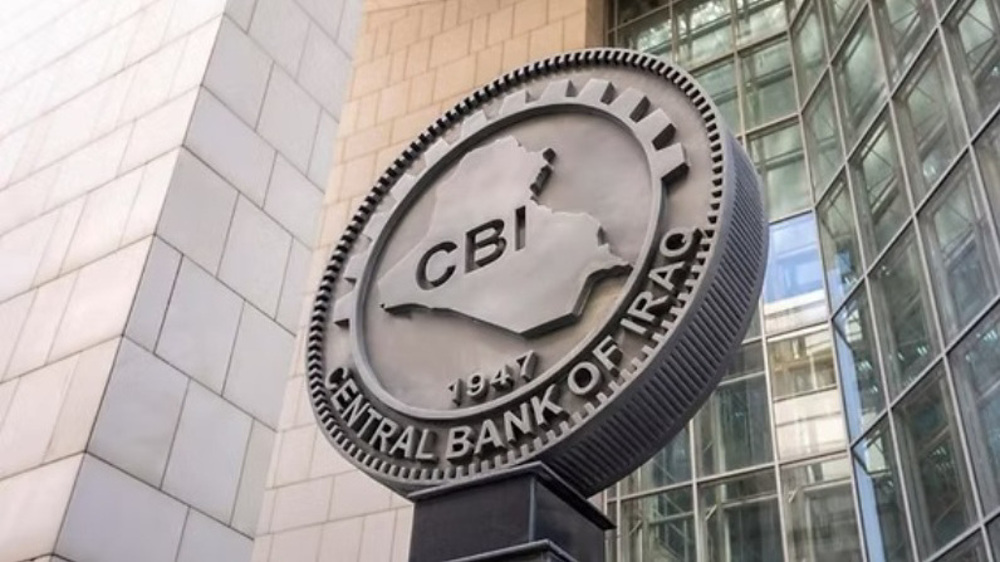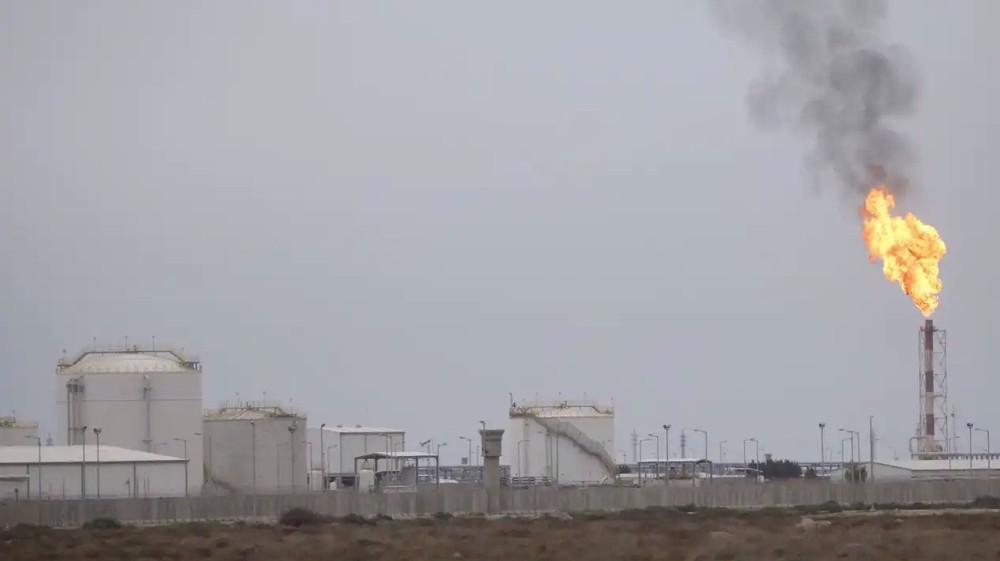Iraq's premier gives Kurdish officials 3 days to hand over control of airports
Iraqi Prime Minister Haider al-Abadi has given the Kurdistan Regional Government (KRG) three days to hand over control of its airports if it seeks to avoid an international air embargo, a retaliatory move the Iraqi government says will take against the independence-seeking region in the wake of a highly controversial referendum.
The Iraqi premier made the remarks in a weekly press conference in the capital Baghdad on Tuesday. He said international flights to and from the Kurdish region would be suspended in three days.
Last week, Baghdad called on all countries to stop direct flights to the international airports of Erbil, the capital city of the KRG, and Sulaymaniyah, another city in the Iraqi Kurdistan, but so far only Iran has put in place such an air embargo, halting direct flights to the region on Sunday.
Abadi added that Baghdad would not negotiate with the Kurdish authorities the results of the provocative plebiscite on the independence of the KRG, which is led by Massoud Barzani. The Iraqi prime minister said the whole nation would suffer from the repercussions of the “unconstitutional” move.
The contentious non-binding Monday vote, which had been announced by the KRG earlier in the year, was held in the region in open defiance of Baghdad and much to the consternation of the international community that warned it could most likely create more trouble in the already violence-weary Arab country, which is trying to emerge from years of a campaign of death and destruction by Daesh Takfiri terrorists.
Elsewhere in his remarks, the Iraqi prime minister said the revenues collected from exporting the region’s crude oil had been transferred to personal bank accounts abroad.
On Sunday, Abadi criticized the Kurdish leaders for taking some 25 percent of the revenues that Iraq raises through exporting crude oil, saying they had not even paid salaries to employees and workers in the Kurdish region despite the hefty oil income.
Turkey, among others, has strongly opposed the referendum from the beginning and has already warned that the disintegration of Iraq has the potential to turn into a major conflict.
On Monday, Turkish President Recep Tayyip Erdogan said he would seal the Turkish border with the Iraqi Kurdish region over the controversial plebiscite, threatening the Kurdish leaders with blocking their key oil exports.
Earlier on Tuesday, Erdogan reiterated that Ankara would consider all options, including economic sanctions and military measures, regarding the KRG, warning the Iraqi Kurds that they would go hungry if Turkey decided to stop the flow of trucks and oil across its border with northern Iraq.
Also on Monday, the Iraqi Defense Ministry announced that the country’s army had begun large-scale military drills with the Turkish army along the common border, a few hours after Iraqi legislators had called for the deployment of army troops to areas disputed with Kurds.
Barzani hits back
Meanwhile, Barzani, in a televised address on Tuesday, urged the central government in Baghdad to engage in “serious dialogue instead of threatening.”
"I call on Mr. Haider al-Abadi and the others (Iraqi political officials) not to close the door to dialogue, because it is dialogue that will solve problems," Barzani said, adding, "We assure the international community of our willingness to engage in dialogue with Baghdad."
“We may face hardship, but we will overcome,” Barzani said, calling on world powers “to respect the will of millions of people” who voted in the referendum and adding that the “Yes” vote had won in the plebiscite.

According to Iraqi Kurdish authorities, the turnout in the independence referendum was 76 percent, with 3.3 million of the total 4.58 million registered voters having participated in the plebiscite.
In a statement on September 18, United Nations Secretary General Antonio Guterres urged Iraq’s Kurdish leaders to scrap the vote, saying it would undermine the ongoing battle in the Arab country against Daesh.
VIDEO | Fighting British state
VIDEO | Press TV's news headlines
Iran, Russia stress strategic partnership as Pezeshkian, Putin meet
Iran stresses need for trust, solidarity among world’s nations
Israel admits it inflicted less damage to Iran than initially thought
VIDEO | Venezuela condemns US seizure of oil tanker
VIDEO | Iran, Africa strengthen scientific, health ties
Iran slams powers for granting Israel ‘special right’ for aggression


















 This makes it easy to access the Press TV website
This makes it easy to access the Press TV website